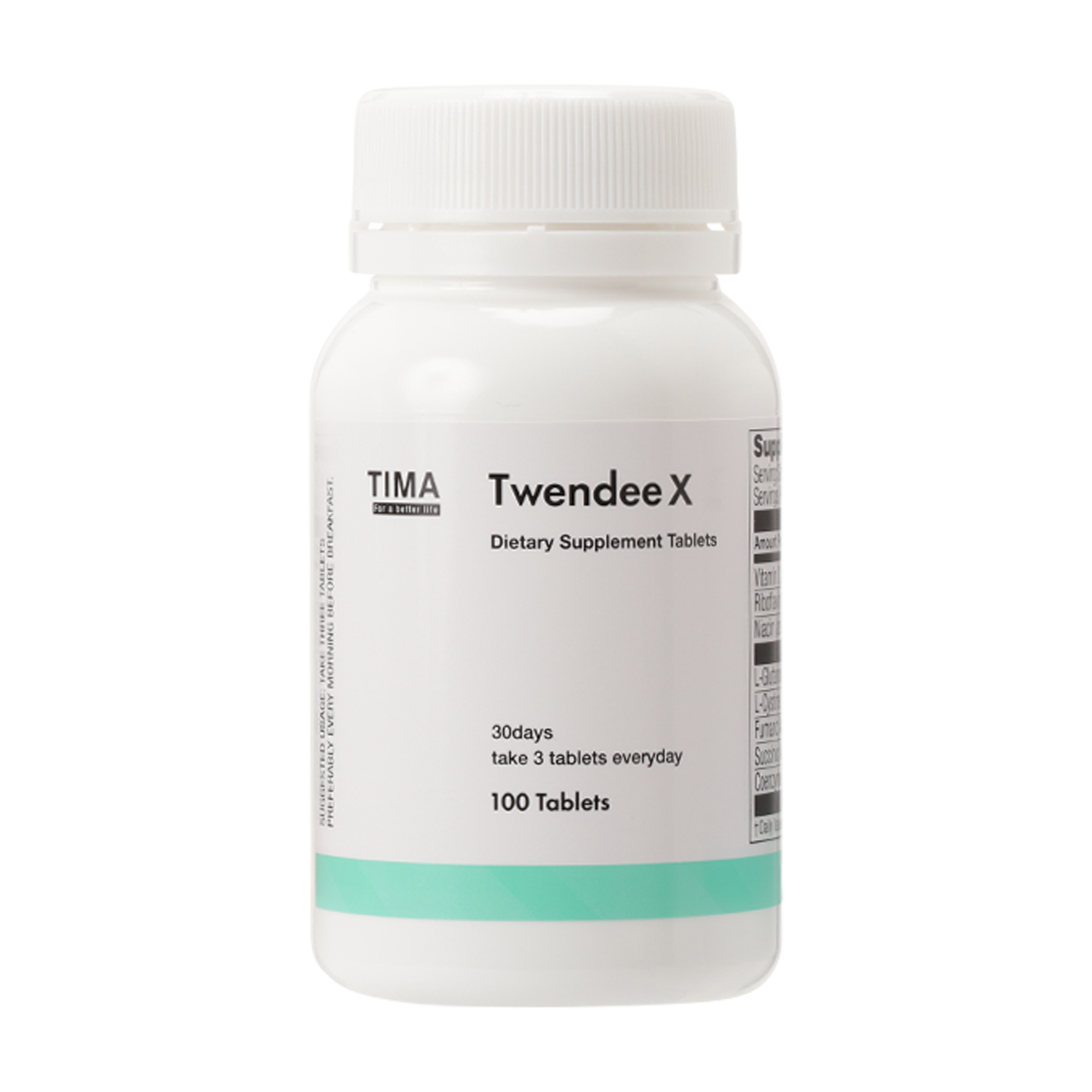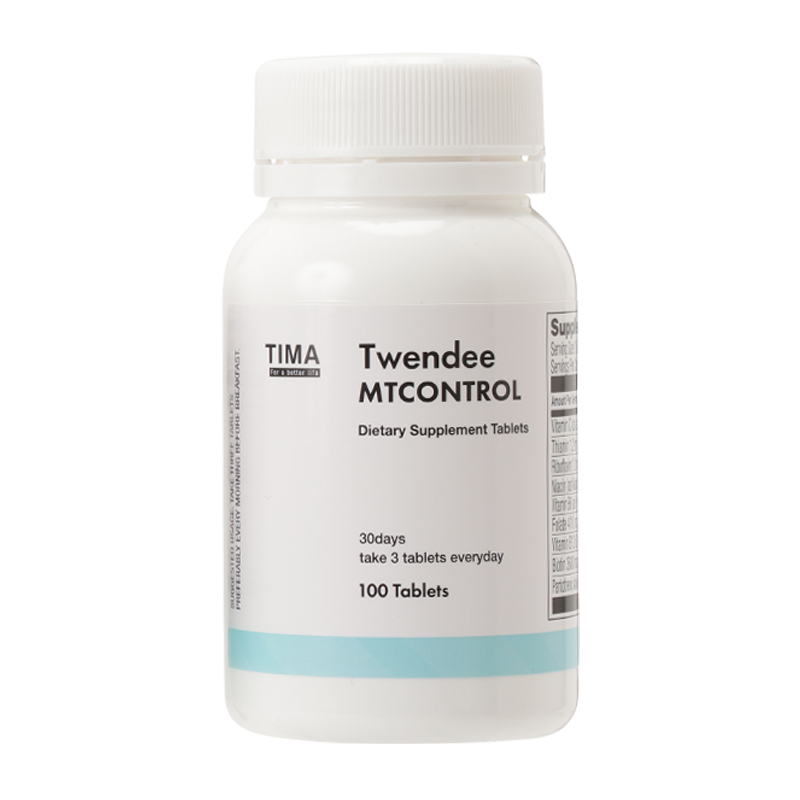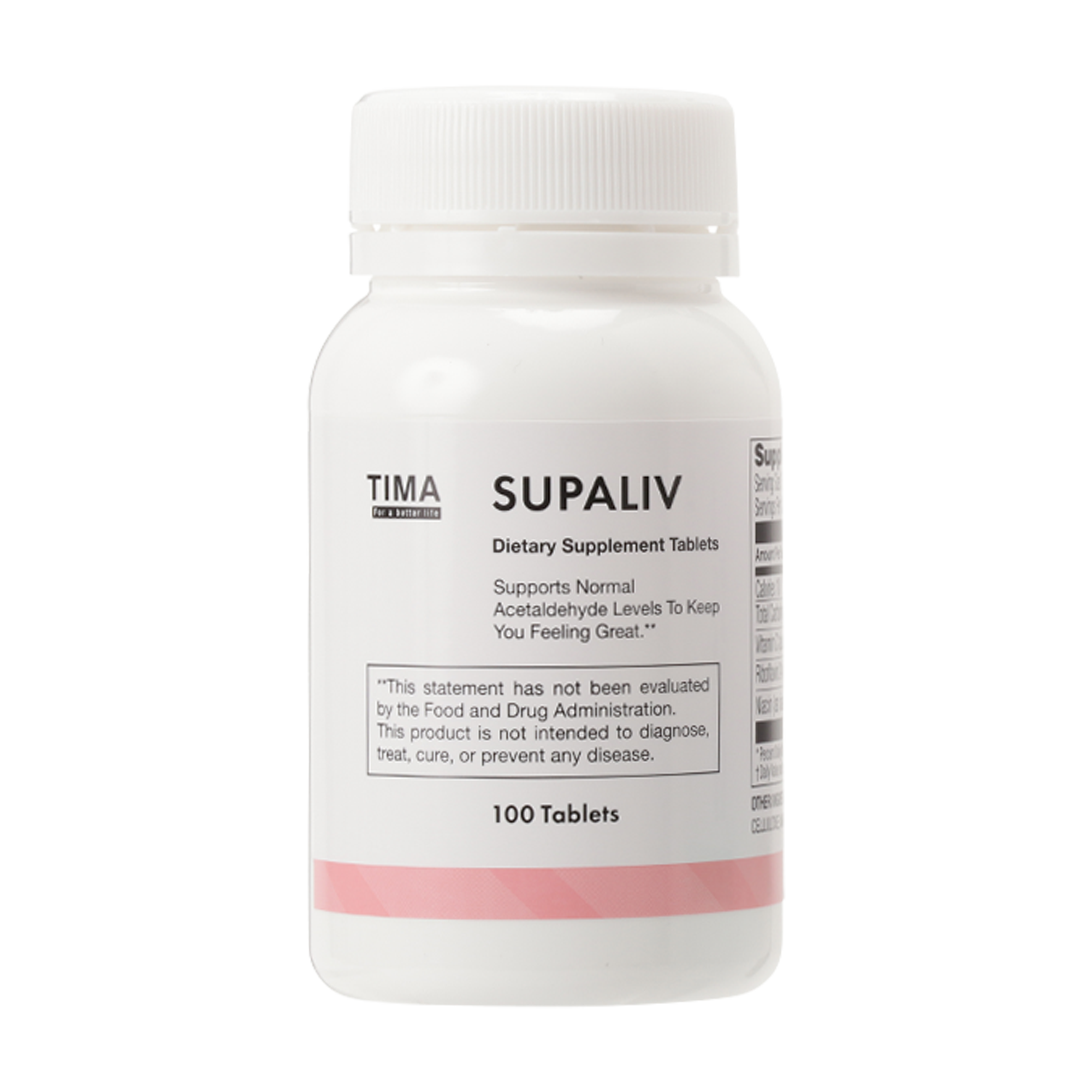Thesis on Oxidative Stress and "gastric ulcer"
- Paper title
- Chronic gastric ulceration causes matrix metalloproteinases-9 and -3 augmentation: alleviation by melatonin.
- Abstract summary
- Melatonin suppressed MMP-9 and -3 expressions and activities during prevention and healing of chronic gastric ulcers.
- Authors
- Krishnendu Ganguly, Snehasikta Swarnakar
- Journal
- Biochimie
- Semantic Scholar URL
- https://semanticscholar.org/paper/b224b43a3a4421ea5f9a034b425e73513bddb13b
- Abstract
-
Matrix metalloproteinases (MMPs) are a family of zinc-dependent enzymes capable of degradation of extracellular matrix (ECM) and key player in various inflammatory diseases.
We investigated the regulation of MMPs in chronic gastric ulceration in mice.
We generated chronic gastric ulcers in mice by indomethacin and examined the activity and expression of MMP-9 and -3 in stomach.
Melatonin (N-acetyl-5-methoxytryptamine) treatment has also been applied to mice to characterize the changes in expression and activities of MMPs in gastric tissues.
We observed significant upregulation of MMP-9 and -3 expressions and activities in stomach with increasing doses and duration of indomethacin that corroborated with increased activity of activator protein (AP)-1.
Substantial damage in gastric epithelial layer was found during chronic ulceration.
Melatonin suppressed MMP-9 and -3 expressions and activities during prevention and healing of chronic gastric ulcers.
It also suppressed protein oxidation, lipid peroxidation and antioxidant enzymes.
Additionally, expression of tumor necrosis factor (TNF)-α, interleukin (IL)-1β and IL-8 was significantly high in ulcerated stomachs while melatonin treatment blocked them to control level.
We found elevated phosphorylation of extracellular-regulated kinase (ERK)1/2 and c-Jun N-terminal kinase (JNK) during chronic gastric ulceration, which were significantly reversed by melatonin.
Moreover, expression of NF-κB, c-fos and c-jun were inhibited by melatonin resulting down regulation of MMP-9 and -3 expressions.
In summary, oxidative stress is preceded by chronic inflammation that enhances the expression of MMP-9 and -3, while melatonin arrests both of them via reduction of AP-1 activity during protection of ulcer.








